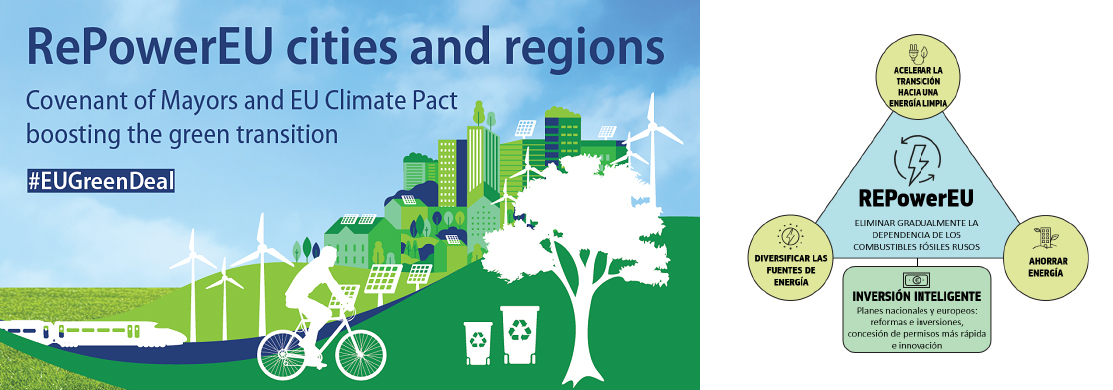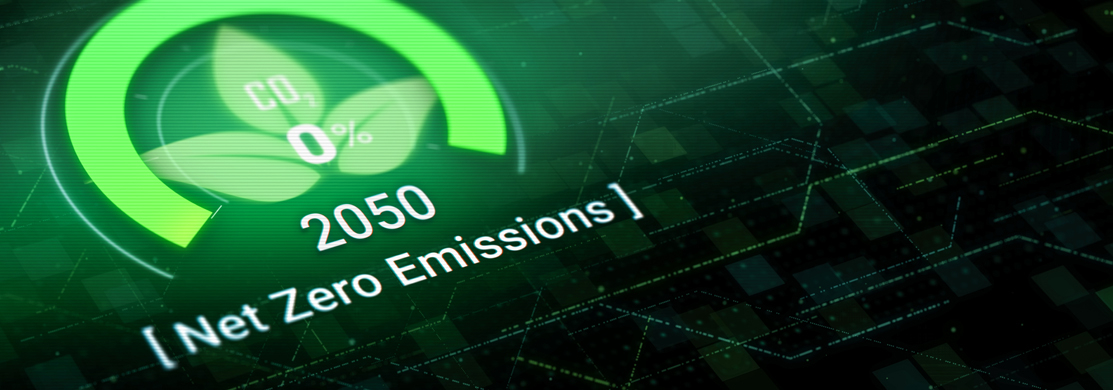The energy transition is crucial for a sustainable future as the majority of greenhouse gas emissions are currently generated by the energy sector. The current rate of global warming dictates the need to move away from fossil fuels and develop renewable energy sources, a transition that will not only help reduce air pollution, but also lower our dependence on finite resources.
In the article “2023: a decisive year. Energy expectations and challenges to be met” Prysmian Club highlights the key points that EU countries need to address in order to achieve 2023 targets for the emission of pollutants.

Image: Official website of the European Unio
REPowerEU
One of the key requirements of the REPowerEU plan is to reduce greenhouse gas emissions together with developing renewable energies in the sectors that have the greatest emissions, such as industry, transport, construction and energy infrastructure. Specifically, the 2030 REPowerEU plan requires member states to:
- More than double annual energy savings in the period between 2022 and 2030.
- Reach the 45% target for renewable energy.
Spain has great potential to produce renewable energy, but there is still a long way to go before full reliance on renewable energy sources is achieved.

NET ZERO: an ambitious challenge
The energy sector is the key factor when it comes to combating the effects of climate change before it is too late. Therefore, if EU countries are to achieve the important goal of net zero emissions globally by 2050, they are faced with the challenge of completely transforming the way they produce, transport and consume energy. States must update national energy and climate plans to make them more ambitious.
As Prysmian Club mentions in its article, electrification, green hydrogen and synthetic fuels are the three areas that are key to moving the energy transition forward. Although the future looks bright, Spain still has some unfinished business if it is to achieve energy efficiency.

